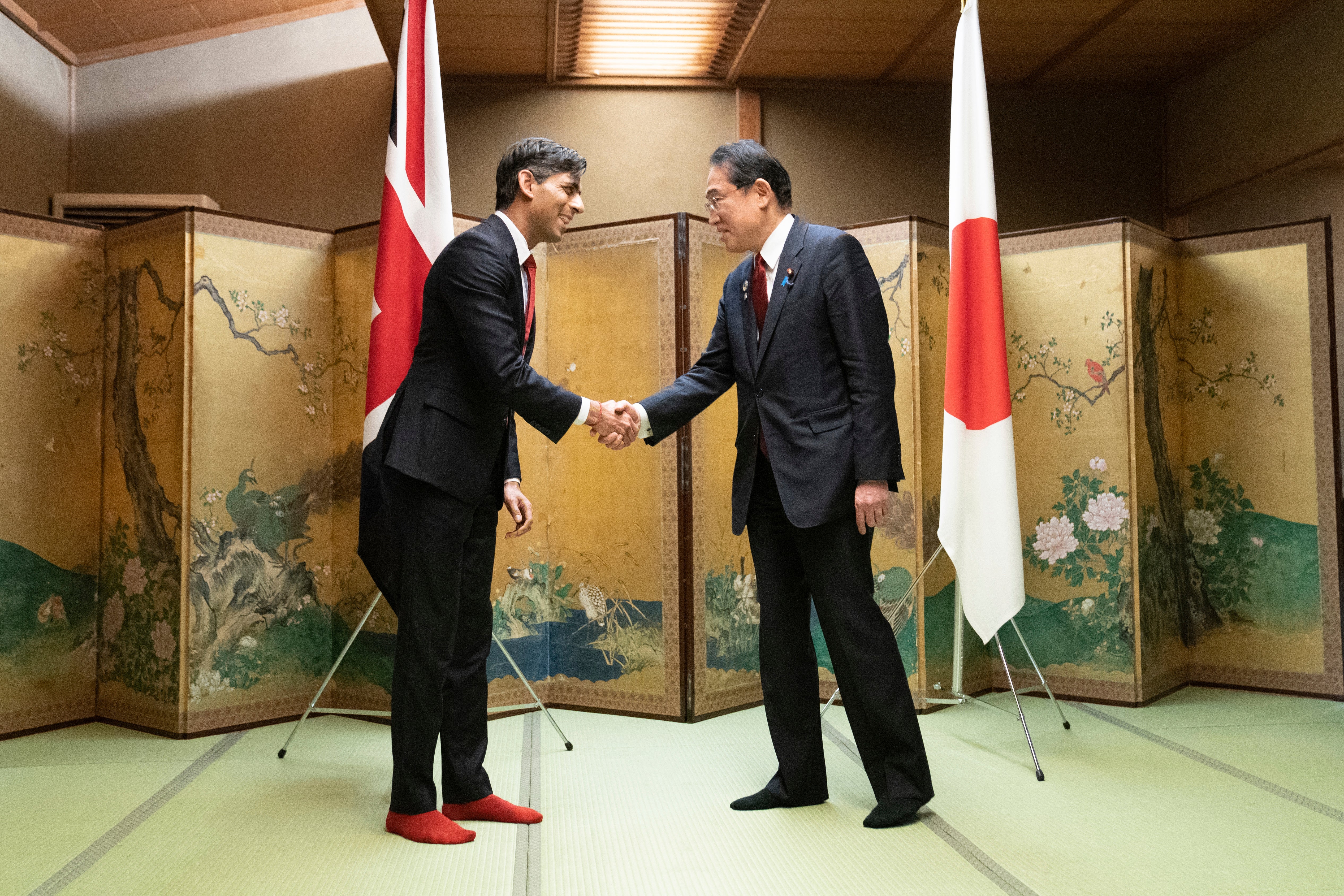Why the rich world can no longer dictate its terms at the G7
When is a global elite not a global elite? When it excludes two of the six biggest economies in the world, writes Mary Dejevsky


You could hardly wish for a more emblematic farewell to the old world order than the gathering taking place in Japan this weekend. The leaders of the Group of Seven, or G7 – that exclusive club of the world’s richest countries – are holding their annual get-together in Hiroshima, the city that was devastated by the first of only two atomic bombs ever used in war, and which has now been resurrected as a thriving industrial and memorial centre.
Yet for all the miraculous passage from destruction to renewal that Hiroshima stands for, and for all the renewed relevance of the nuclear debate, this year’s familiar G7 line-up looks more like a relic of the postwar era than the future-shaping task force it purports to be.
Here we have the United States, which emerged from the Second World War as top dog and which, for a time at least, will remain so; the UK and France, which lost empires, but still claim global roles; the defeated axis powers, Germany, Japan and Italy, which forswore their pasts to build modern democracies, and Canada, which had squabbled with the Allies.
Join our commenting forum
Join thought-provoking conversations, follow other Independent readers and see their replies